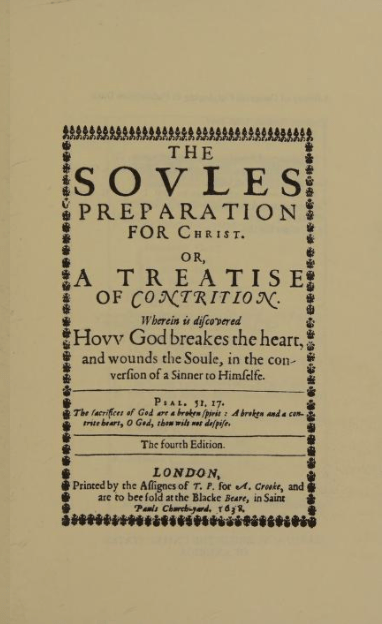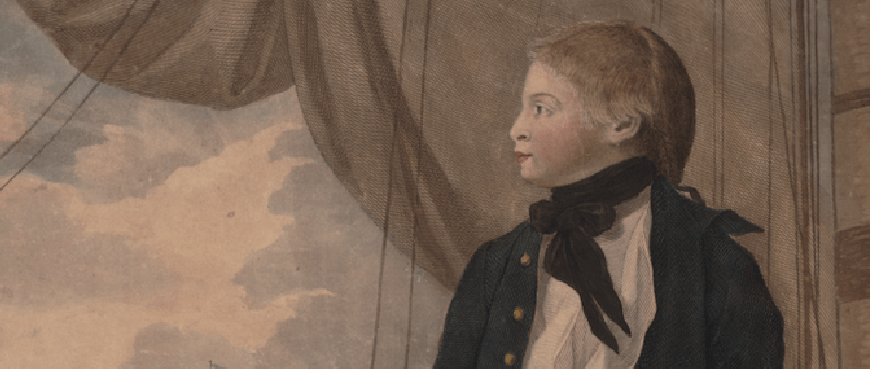
Teaching EAS: One Day in the Classroom – The French Revolution in America and the Reinvention of Revolution – Anna Vincenzi
It was only in the early 1790s that Thomas Jefferson began trumpeting his authorship of the Declaration of Independence. Throughout the late 1770s and the 1780s, Americans essentially forgot the Declaration, and no one seemed to remember who had written it. But in the 1790s they started attributing new meanings to the document, making it into a metaphysical, almost sacred text. Jefferson’s fellow Republicans started celebrating him as the “immortal”…





